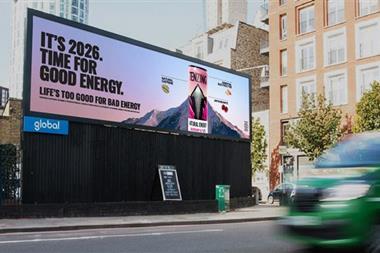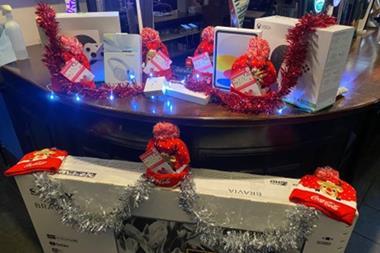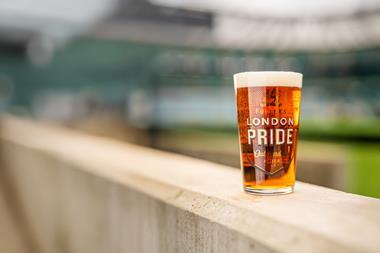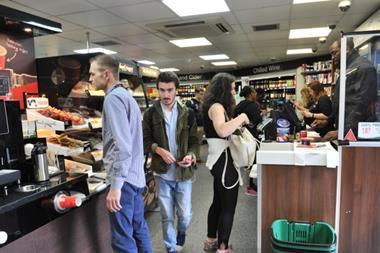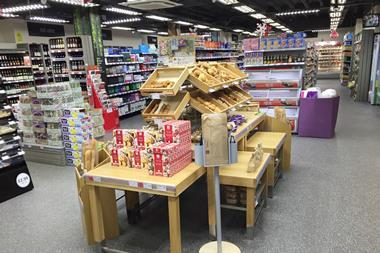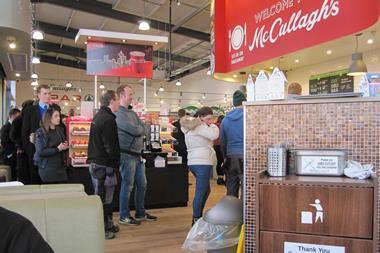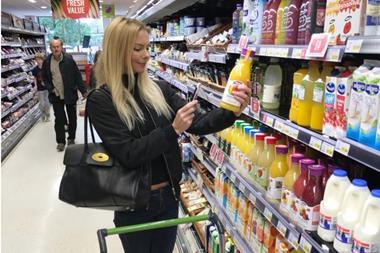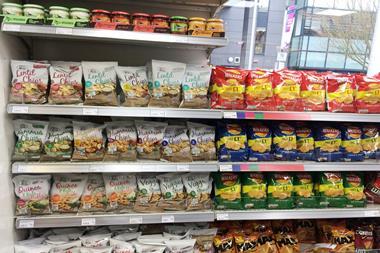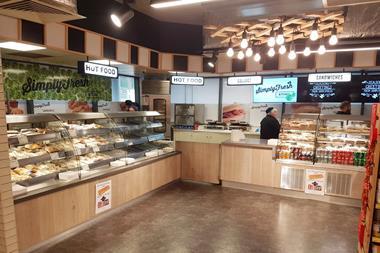Dee's Bright Idea
2013-04-09T11:37:00

Derbyshire retailer Dee Sedani needed some convincing that LED lighting could save him money, but now he is advocating it for the entire industry.
ALREADY HAVE A REGISTERED USER ACCOUNT? PLEASE LOG IN HERE
To read the full story join the ConvenienceStore.co.uk community today!
Registration is quick and easy and provides access to:
- Unlimited ConvenienceStore.co.uk articles
- Our great range of newsletters
- Content you’ve saved for later via the ‘my library’ feature
And much more…
Related articles
More from Convenience Nation
Unlimited Access + Newsletters
Register today to gain unlimited access to articles and to receive our great range of email newsletters.




















